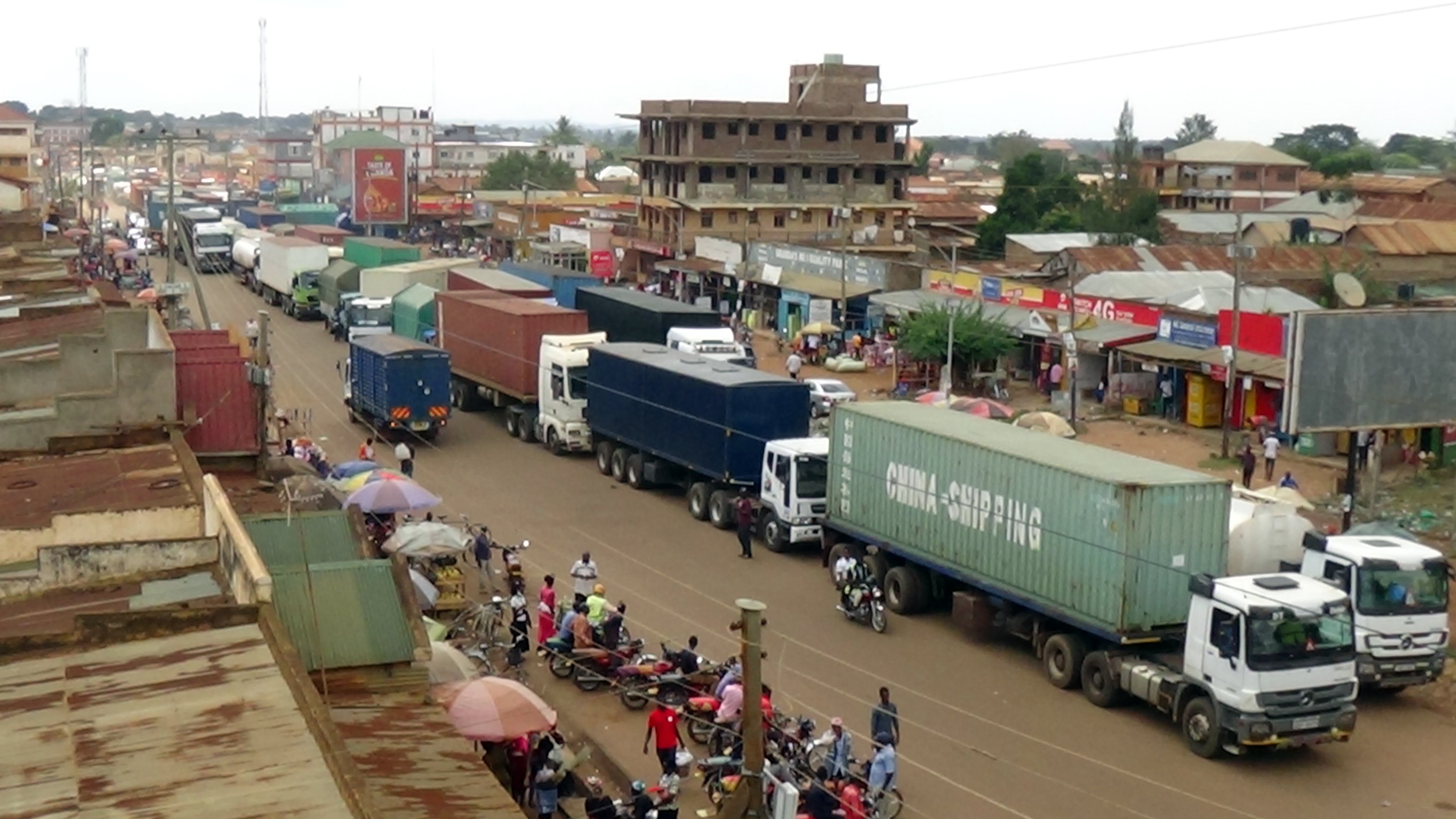Prime
EAC seeks to digitise import duty

Mr Peter Mathuki says digitising taxes will make doing business easier and promote trade for both imports and exports. Photo / File
What you need to know:
- The move is part of an initiative by the World Customs Organisation to make trade more efficient and accessible to businesses in the region.
The East African Community (EAC) plans to digitise all import tariffs in an effort to increase private sector participation and access to trade data.
The move is part of an initiative by the World Customs Organisation to make trade more efficient and accessible to businesses in the region.
The digital platform, which is being developed in collaboration with Global Trade Solution, will allow for seamless migration of EAC Common External Tariffs (CET) during the Harmonised System (HS) transition.
It will also enable the administration and management of the duty remission scheme, including application, evaluation, approval and gazettement as well as enabling production of information and the publication of other measures affecting the implementation of CET.
A statement from the EAC Secretariat issued early this week, indicated that the development will manage preferential tariff treatment on goods originating from EAC member states.
It will also enable searchable tariff codes or general product description and will be electronically accessible on both computers and mobile devices.
The initiative is expected to boost private sector involvement, expand access to trade information, and increase effectiveness of the trade process. The platform is expected to be ready by June 30.
Mr Peter Mathuki, the EAC Secretary General, said the platform will make doing business easier and promote trade for both imports and exports by providing “a one-stop-shop for all trade-related information and enable EAC states to achieve economic integration”.
Mr Bojan Stanojevic, the GTS chief executive officer, said private sector players will be able to access trade information in real-time, thereby reducing costs, time, and resources in the trade.
“It is a step towards digitisation of trade and commerce in EAC,” he said.
The digitalisation is also an important milestone in trade facilitation, which Mr Ricardo Trevio Chapa, the World Customs Organisation deputy secretary general, said will enhance participation of the private sector.
Tax bands
The EAC currently uses a CET with four bands, with a minimum rate of 0 percent for capital goods and raw materials, 10 percent for intermediate goods not available in the region, 25 percent for intermediate goods available in the region, and 35 percent for imported finished goods available in the region.




